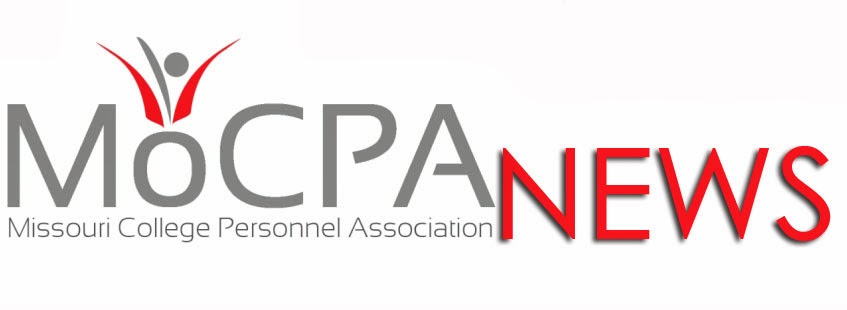Over the past
fourteen years Ryan has conducted over a thousand presentations and trainings
to diverse audiences including professionals, students and the general public.
After his story was featured in the documentary Gender Rebel featured
on MTV’s LOGO channel, Ryan began traveling to Universities where he shares the
story of his transition from female to male. His story is told with an
intermixing of humor and intricate clinical details surrounding the transition
process. He has also made appearances on several talk and radio shows
including: Trisha,
Ricki: The New
Ricki Lake Show, twice on Larry King Live! and
just recently NPR’s On Point with Tom Ashbrook.
In 2012 Ryan released the first edition of his memoir, Second Son: Transitioning Toward My Destiny, Love and Life.
In 2013, Ryan founded Scout Publishing LLC and released the second edition of
his memoir, Second Son.
Talk show host, Larry King has said that Ryan’s story is “…an important and
vital book…a terrific read,” and Dan Savage, Co-Founder of the It Gets Better
Project said, “Ryan Sallans is an incredibly brave young man who has written a
powerful book. Second Son will save lives.”
Ryan attended the University of Nebraska-Lincoln where he received a
Bachelor of Arts in English and Anthropology, Master of Arts in English, and a
Master of Arts in Educational Psychology.
To learn more about Ryan or his memoir visit ryansallans.com.





